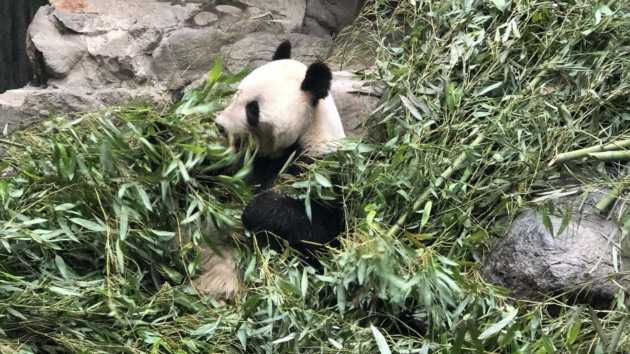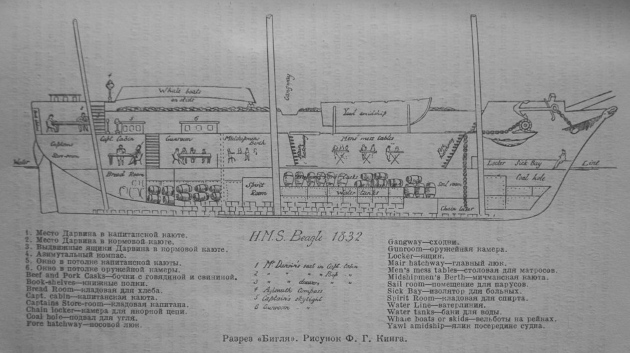The first thought that popped into my head when starting to answer the question “Why teach evolution?” was how would you teach biology without teaching evolution? Or any life science for that matter? I began to consider this possibility further and examined my own yearly lesson plans from when I taught biology to see what would be left if evolution were no longer a part of my biology curriculum.
Teach the facts. Teach the evidence. Teach evolution.
Making sure teachers have resources available that are accurate and supported by evidence are crucial at this tumultuous point in our country’s history.
My first unit always explored the nature of science. I used the lens of animal behavior and its connections to ecology, evolution, and genetics. I spent several weeks going through the scientific process: experimentation; claim, evidence, and reasoning strategies; and understanding what makes a scientist in the modern day. We discussed bias and scientific vocabulary. We conducted an animal behavior experiment on blackworms to see how their pulse rate responds to various stimulants and depressants. Teaching the nature of science was my absolute favorite time of year, when I would be opening up the possibilities of doing science, specifically biology, to the students.
What would be left if you removed evolution from the unit? A scattering of unrelated activities that had previously connected the ideas of how animal behavior has evolved over time due to both genetic (innate) traits and environmental (learned) traits. You wouldn’t be able to discuss the characteristics of life (of which evolution is a key explanation). The genetic exploration of variations in animal behavior traits must also be omitted, so you would basically be left saying, “It just happened.” Adaptations to the environment would fly out the window. Homeostasis, feedback mechanisms, and other physiological responses would have to be presented as existing with no rhyme or reason. And it would be ironic to try to teach about bias when you have decided to omit a whole range of sound scientific evidence and theory.

As you can see, the issues with my first unit would be insurmountable—nothing in the unit makes sense without the light of evolution, to turn a well-known phrase. If you were to try this thought experiment with what was my next unit, ecology, it would get even worse. Coevolution of plants and animals? Nope, not possible in this alternative reality. Adaptations driven by climate change over vast amounts of time? Possibly the result of luck? Food webs that have established well-honed checks and balances for entire groups of organisms? There would no longer even be the drive to hunt. How would you explain such phenomena when ignoring the evidence for evolution? Trust me, I’m not naive—I know that biology can be taught without evolution as its central tenet, albeit badly. But for me, it’s more a question of how anyone can ignore so much of our biological history in light of the evidence all around us? The answer is simple: we shouldn’t.

When anyone asks me why I left the classroom to become the Director of Teacher Support at NCSE, I cite the importance of the scientific teaching of evolution as one of the main reasons. Making sure teachers have resources available that are accurate and supported by evidence are crucial at this tumultuous point in our country’s history. Having a sound education is going to be critical for today’s youth to navigate an increasingly complicated planet, find new solutions for our future, and make new discoveries that will bring more hope to all humankind. In my role at NCSE, it’s my job to help teachers across the country understand the reasons why they should be teaching evolution. But, perhaps more importantly, it’s to give them the tools and resources to do it well by eliminating the misconceptions that have plagued this topic since a bright young man talked his father (thankfully) into letting him go on a long voyage with a very uptight sea captain on just the recommendation of a college mentor.
Why did I teach evolution? If you remove the keystone species from a food web, a trophic cascade develops that can ultimately destroy the entire ecosystem. Not using evolution as the cornerstone to teaching biology would ultimately have the same result: a series of misconceptions and unexplained phenomena being taught in a piecemeal fashion, fragmenting the subject until studying it at all made no sense. All students deserve a scientifically literate education. Teachers: please don’t provide a disservice to our youth: teach the facts; teach the evidence; teach evolution. Parents: demand no less.

